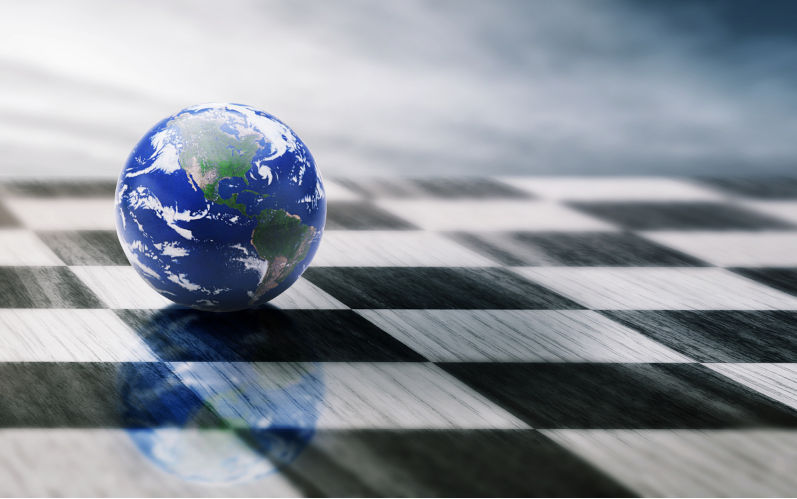Does race influence Western support in international conflicts?
November 22, 2024
The ongoing genocide in Gaza forces us to confront an uncomfortable reality: why does the West seem to prioritise some conflicts while others, particularly in Africa, go unnoticed? It raises a critical question: does race…does colour influence how Western nations choose where to focus their attention and resources?
Take Israel, for example. It achieves significant support from the United States and many European countries and is seen as a “Western” ally despite its geographic location. On the other hand, African nations like the Democratic Republic of Congo (DRC) and Sudan, both of which are grappling with devastating crises, barely make a blip on the radar of Western media or policymakers.
Why is this happening?
The harsh truth is that where a conflict occurs, the racial and cultural identities of those involved often affects how the West responds.
Israel is often framed as a modern democracy that shares Western values, which helps explain the substantial backing it receives. The legacy of the Holocaust also plays a role, with a global commitment to “Never Again” ensuring continued focus on Israel’s security. Additionally, there are strategic interests at play. Israel is a key ally for the West in a volatile region. Military partnerships and economic ties play their part too.
Meanwhile, humanitarian crises in places like the DRC and Sudan, countries that have faced years of civil war, famine and even genocide, are largely ignored. The conflict in the DRC, for example, has been called one of the deadliest since World War II. Yet despite the staggering loss of life and human suffering, these situations rarely receive the same level of urgency. The war in Yemen or Somalia faces a similar fate. forgotten by the international community, despite the unimaginable toll on human lives.
This reveals a troubling reality: when predominantly black or brown people are suffering, the world often tends to look away.
African conflicts are often treated as background noise rather than emergencies. In contrast, Israel is seen as part of a strategic democratic alliance, surrounded by what are perceived as existential threats.
Why the double standard?
One reason could be that Western nations see themselves in Israel. There’s a shared sense of cultural and political identity that makes Israel’s struggles feel more relatable. The media plays a significant role too, headlines elevate Israel’s plight, while the suffering of people in Africa or the Middle East is often sidelined or reduced to statistics. It’s not just political alliances but also about how the West identifies with certain countries or peoples, reinforcing a bias that prioritises ‘white’ or Western-aligned nations.
When we hear about Israel’s right to defend itself, it dominates the conversation. But what about the innocent children and families in Gaza? Or the millions displaced or killed in African conflicts? These tragedies seldom receive the same level of attention or outrage.
This ‘selective outrage’ highlights deeply embedded racial biases that shape not just foreign policy but also media coverage and public sentiment. The conflicts in Africa, Yemen, and other non-Western nations are often framed as “internal” problems, things that don’t concern the rest of the world in the same way.
What does this mean for us?
If we don’t confront these uncomfortable truths about race, power and privilege in international conflict, we risk perpetuating a world where “all lives matter” is nothing more than a hollow phrase. By ignoring the suffering of people in Africa, the Middle East, or other marginalised regions, we send a clear message: some lives are worth more than others.
It’s time to challenge these biases head-on. If we don’t, the disparities in how we respond to human suffering will only deepen. This isn’t just about foreign policy; it’s about re-defining how we view each other’s humanity.
